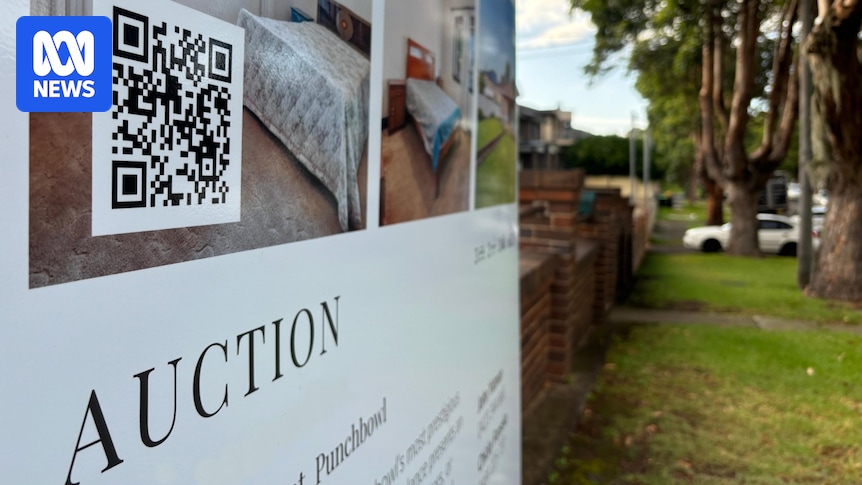Y
ou’re scrolling through Instagram or TikTok when a video pops up: a bright, modern Manhattan apartment listed for just $1,100 a month. The post looks authentic—over 27,000 followers, a real‑looking agent profile, a “refundable” $350 application fee. It’s a scam, but only after you’ve paid.
Jenny Diaz, 28, had just landed a new job and was ready to move out. A friend sent her a video of what seemed like the perfect apartment. The agent’s profile felt credible, and the price was too good to ignore. Diaz shared her name, move‑in date, and income, then paid the fee. She received a confirmation email, but after that, the messages went silent. “They stopped responding, and I knew it instantly,” she said. The FBI’s Internet Crime Complaint Center logged more than 130 real‑estate complaints linked to social media this year, with losses around $600,000 in the first five months—up from 150 complaints and $1.5 million last year.
Scammers are sophisticated. They use real agents’ names and license numbers, send doctored license photos, and direct victims to fake websites that look legitimate. When NBC News contacted a fraudster posing as a Keller Williams NYC agent, the company confirmed the agent and site were not affiliated and issued a consumer alert. Compass broker Shane Boyle has seen dozens of texts and emails from people who believed he was scamming them. He receives angry comments on his real accounts, such as “You need to rot for what you’ve done.” Boyle’s experience shows that impersonation isn’t limited to fake listings; it extends to personal brand theft.
Mike Bussey, a Compass agent with 125,000 TikTok followers and 50,000 Instagram followers, posts virtual apartment tours. Scammers repost his videos, attach fake prices, and claim the listings are for much lower rates. Bussey’s mother fell for a video of a $12,000‑a‑month apartment being advertised for $1,700. “My mother is very intelligent, so she fell for this,” he said. NBC News forwarded links to Meta and TikTok, and both companies removed the offending profiles. TikTok said it removed 97 % of impersonation content in Q1, while Meta uses automated and manual systems to block abusive accounts, though fraudsters constantly adapt.
Bussey has had to report over 1,000 stolen videos, a task so time‑consuming he hired help. Boyle reports the same cycle: one report, a few new fake accounts appear the next day. It’s a whack‑a‑mole situation.
For renters, vigilance is key. If a deal seems too good to be true, it probably is. Verify the market rate, never pay before meeting the agent in person, and don’t send money for an apartment you haven’t toured. A legitimate application fee rarely exceeds $50. Double‑check an agent’s contact details independently—don’t rely solely on the listing profile. If you fall victim, contact your bank, the platform, and the FBI immediately.
These scams are growing, but awareness and quick reporting can help protect future renters.














